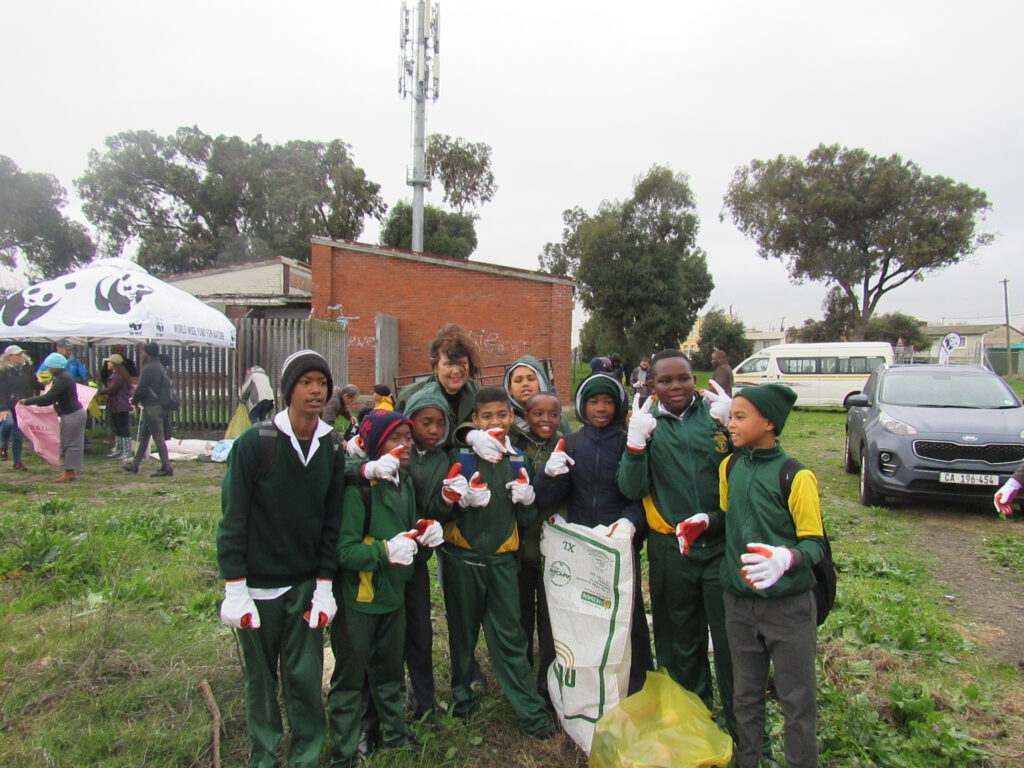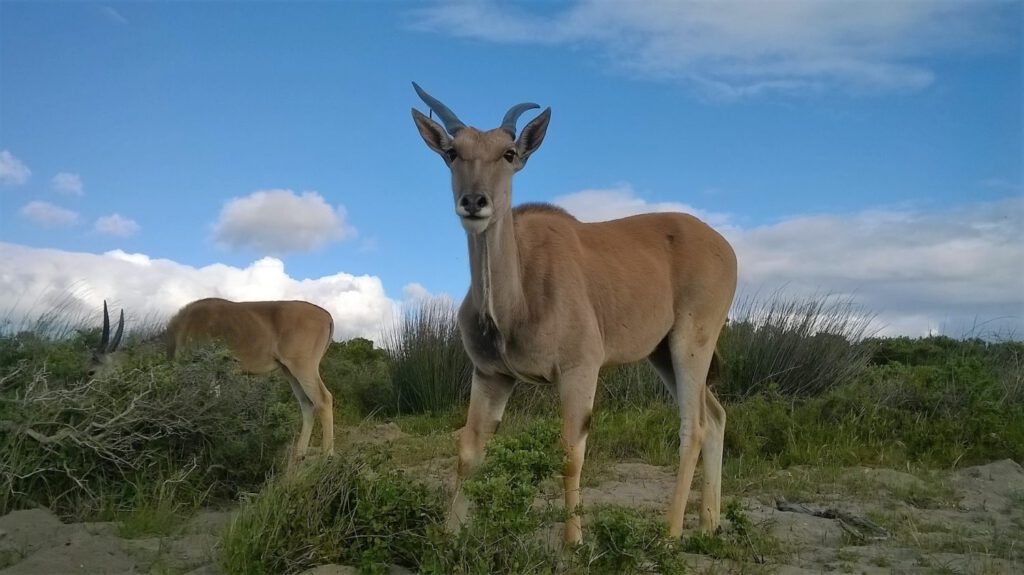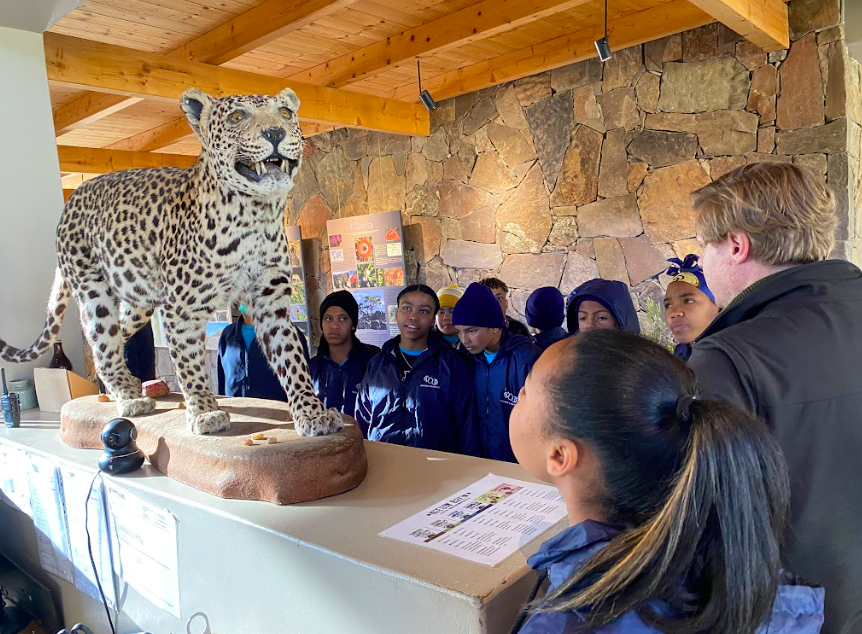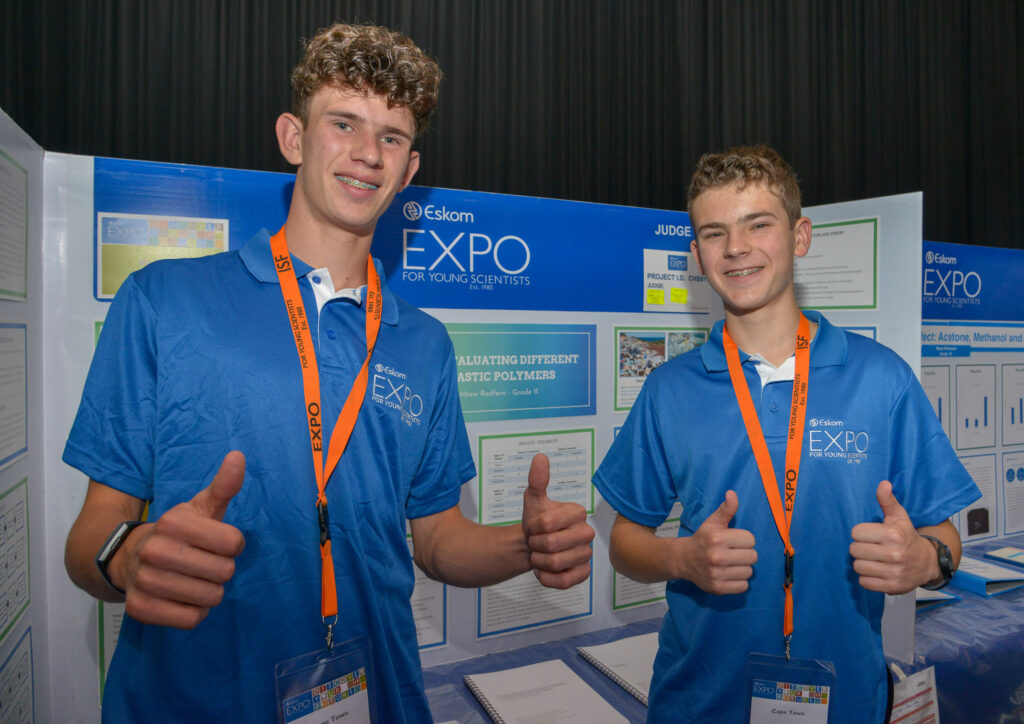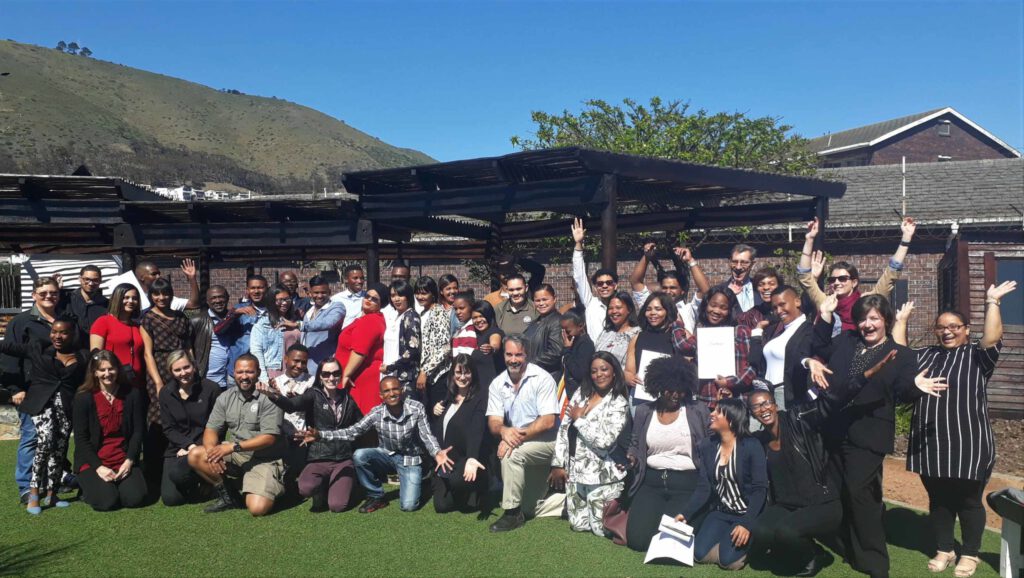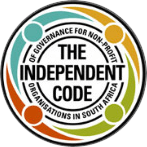Rendani, a Woman in Science
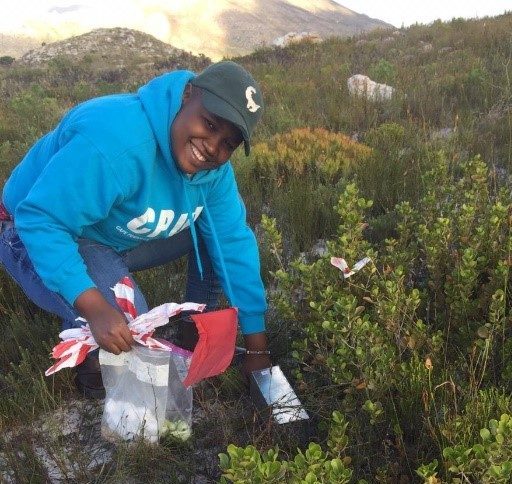
Rendani, A Woman In Science
My name is Ndanduleni Ivy Malwela (Rendani) and I am the student of the Cape Peninsula University of Technology. I am currently pursuing a BTech in Oceanography for the 2019 academic year with plans to follow up with a Master’s degree.
I have been affiliated with the Department of Environmental Affairs (DEA) and the Cape Town Environmental Education Trust (CTEET) for about eight months now. I was introduced to the Baskloof Women in Science biodiversity monitoring by my supervisor Dr. Maya Pfaff (Department of Environmental Affairs). During high school, I have developed a passion for environmental studies which led me to do my diploma in the marine environment. I joined the course to seek experience in fynbos biodiversity research and to learn some new science skills.
The Programme
The Women in Science programmes were created to target women in tertiary education, women currently working or pursuing their postgrad more specifically, women working within the biodiversity sector. The Baskloof Biodiversity Monitoring Programme is one such programme, an intensive five-day course designed to empower and up-skill women. It was designed specifically to develop practical field-based skills, critical thinking skills, and problem-solving skills in women working in the biodiversity sector. The subject material on the programme is taught by scientists working in the fields of ecology and conservation, and the course is kept small, to ensure a low student-to-staff ratio, maximizing students’ one-on-one mentorship.
The participating women are expected to take part in managing and preparing equipment, planning and carrying out fieldwork, as well as entering and analyzing the data they’ve collected. They are also expected to develop time management skills, to balance work and personal time as it is a rigorous programme. These include clear communication and teamwork, critical thinking, independent thinking, and self-confidence, and the message we try to promote in all of our teachings is one of woman empowerment. The network of women that are connected by these programmes becomes a valuable resource in itself. It is a support system, a platform for sharing information and ideas and a platform for creating opportunities. The aim is for women on these programmes to find their voice in the scientific world, to effectively put plans into action, and to become confident leaders and teachers in their workplaces and communities.
Although the coursework deals primarily with ecological theory and biodiversity monitoring techniques, I have engaged in a workshop whose main focus was to strengthen my fundamental science skills. I have developed skills in managing and preparing equipment and carrying out the fieldwork. The course has helped me to understand what motivates me, my fears, challenges and the boundaries which women in science are facing in South Africa.
